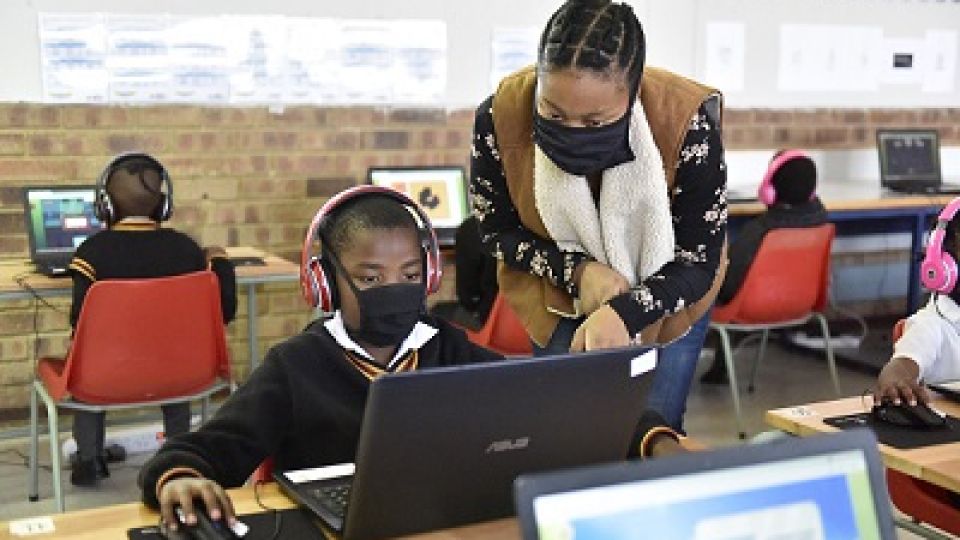by TINTSWALO BALOYI
JOHANNESBURG, (CAJ News) – EXPERTS have encouraged the public and private sectors to work together in order to tackle the digital skills gap in South Africa.
This is anticipated to address high youth unemployment rates in the country.
The call comes as the country marked World Literacy Day, celebrated on September 8.
In an increasingly online world, digital literacy is seen as key to communicating, connecting, finding employment and accessing services.
In South Africa, where the skills gap and the digital divide converge, developing basic literacy skills and digital literacy go hand in hand in ensuring that young people were able to access opportunities and grow their potential.
“When it comes to building those skills, it’s important to start with a good base,” said Vanashree Govender, Media and Communications Manager for Huawei South Africa.
“That means focusing on literacy and digital literacy in particular. Building digital literacy doesn’t just mean exposing children to the right platforms- it’s critical to ensure that they also have the right skills and are utilising them to their full potential,” Govender said.
She described ICT as a general-purpose skill for all people.
“It is a foundation for people to master disciplines such as mathematics, art, engineering, language, science, and indeed, literature,” she added.
Huawei launched the DigiSchool project in partnership with local operator Rain and the educational non-profit organization Click Foundation in July 2020.
The programme aims to connect more than 100 urban and rural primary schools to the internet.
In 2021 Huawei also launched the TECH4ALL Digital Schools Programme to address the main pillars of digital education, including high-speed connections, terminals, training content, and teacher capability improvement.
It aims to help children learn languages through online learning, and improve students’ basic ICT skills.
The United Nations notes that one of the key barriers to children’s digital literacy is the lack of teachers’ and trainers’ expertise, a shortfall when it comes to ICT infrastructure and poor connectivity.
Zoho remains keen on fostering a deep-tech ecosystem. It works with micro, small and medium enterprises to create digital literacy and provide skill development.
“We need to future-proof children so that they are equipped to apply for jobs that require digital and development skills,” said Andrew Bourne, Regional Manager, Africa at Zoho Corporation.
The most in demand expertise and one of the most challenging to get on the South African market actually remains inside the software development field.
Software development was recently named by the Department of Home Affairs as one of South Africa’s scarce skills, with a 22 percent growth in this industry expected before 2030.
“In an increasingly remote working economy, having relevant digital skills can open up new employment avenues on a global scale, in which evidence-based capability is a stronger currency than academic qualification,” said Sean Riley, CEO, Ad Dynamo by Aleph.
– CAJ News

